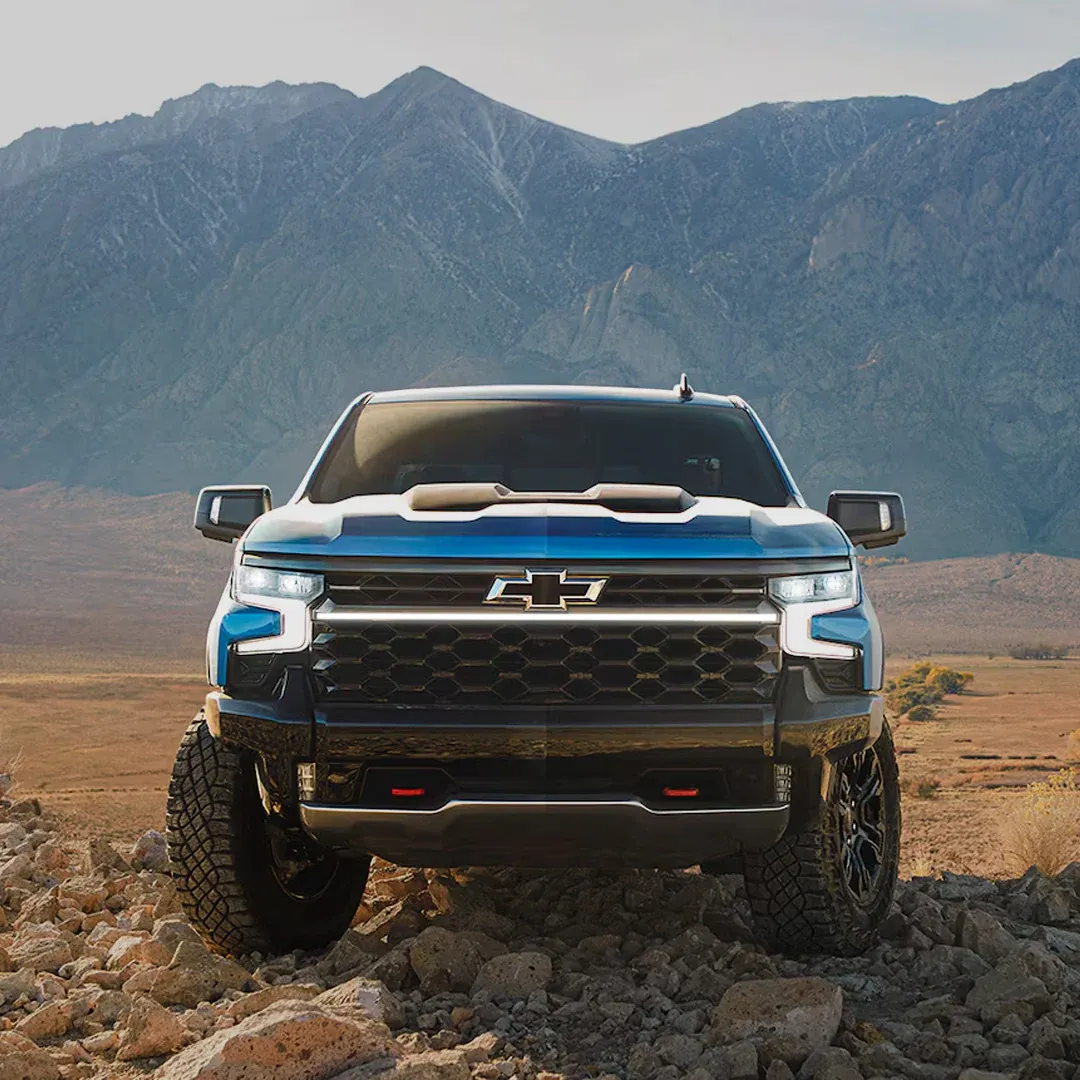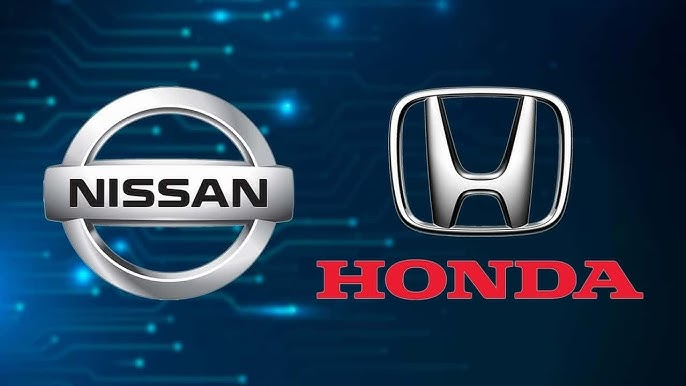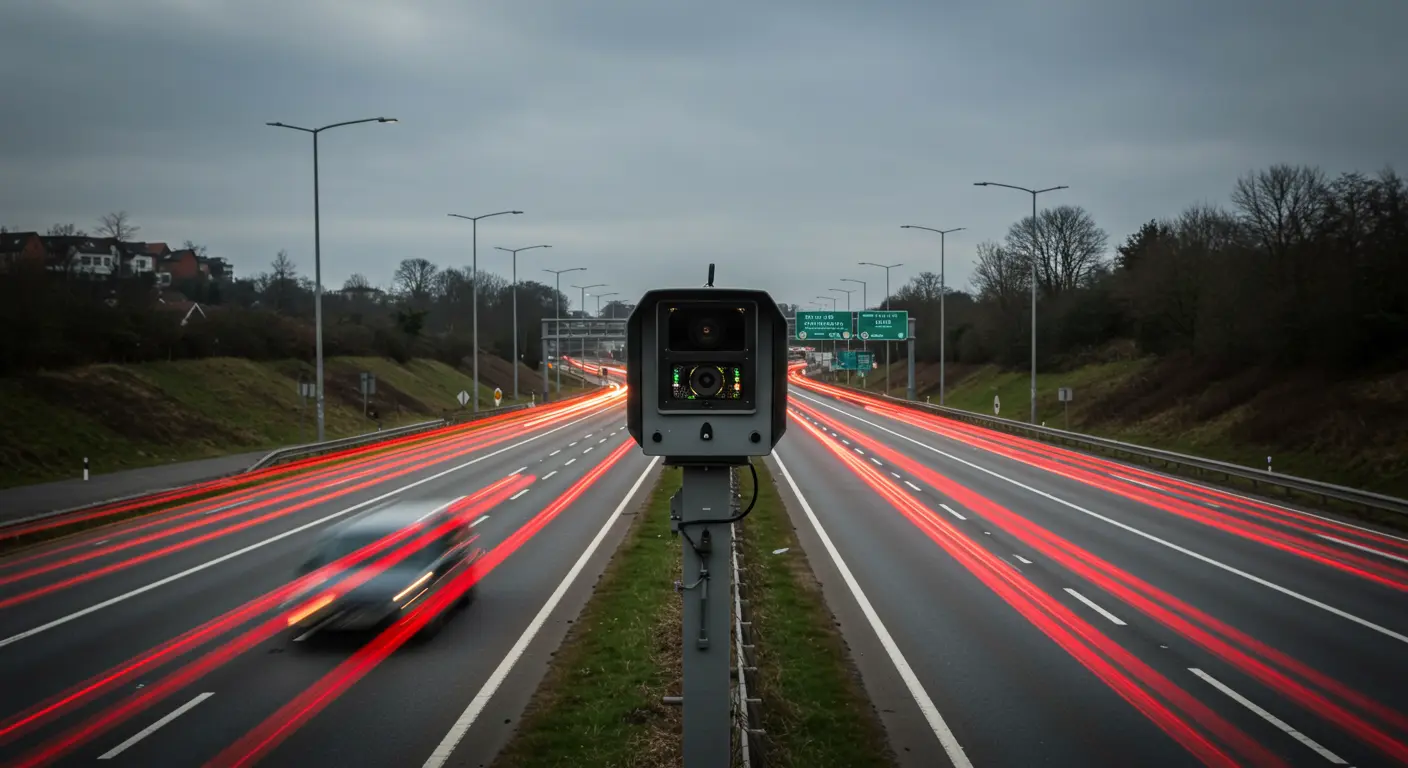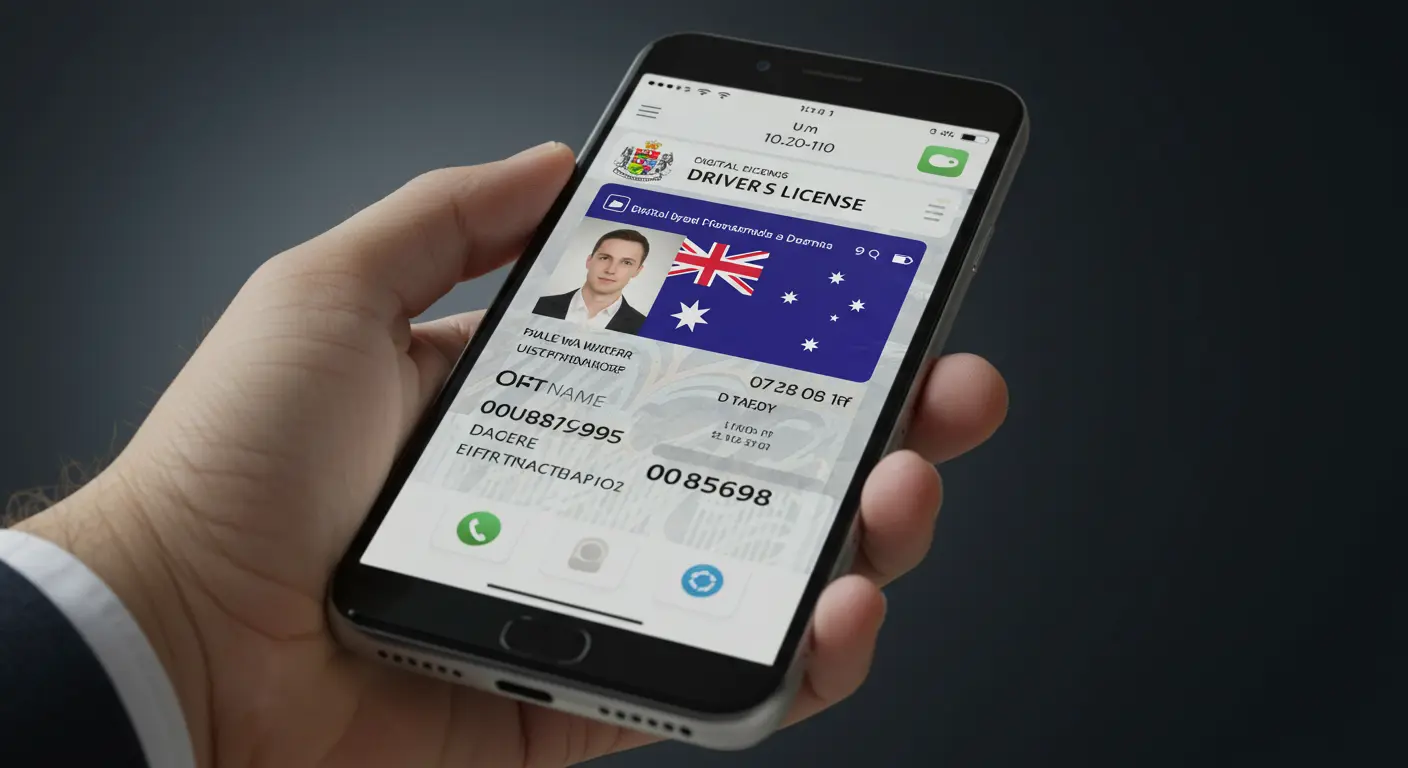As affordable Chinese electric vehicles dominate, Japan’s auto giants consider joining forces to stay competitive.
A Merger on the Horizon?
Two of Japan’s automotive heavyweights, Honda and Nissan, are reportedly in talks to merge, as the electric vehicle (EV) landscape undergoes a seismic shift.
Rising competition from Chinese automakers and financial struggles have prompted both companies to explore a deeper collaboration.
According to Nikkei Asia, the potential merger would also involve Mitsubishi, creating one of the largest auto groups globally.
While Honda and Nissan have yet to confirm these merger plans directly, both issued statements emphasizing their focus on exploring “various possibilities for future collaboration.”
“We are leveraging each other’s strengths,” both companies told Reuters.
Why Now? The Pressure of EV Competition
Both Honda and Nissan face mounting challenges in the global EV market:
- Affordable Chinese EVs: Players like BYD and NIO are outpacing traditional brands with cost-effective, innovative offerings.
- Sliding Sales in China: Both companies have seen dwindling numbers in this crucial market.
- Cooling EV Demand in Europe: While expanding their EV lineups, both brands are contending with declining demand and intense competition.
Nissan CEO Makoto Uchida acknowledged the urgency:
“We cannot afford to be complacent. Emerging players are making inroads with high competitiveness and totally different business models.”
Honda CEO Toshihiro Mibe echoed similar concerns:
“Can we survive? That’s the question. By 2030, we have to be a top runner, in a position to fight against the top players.”
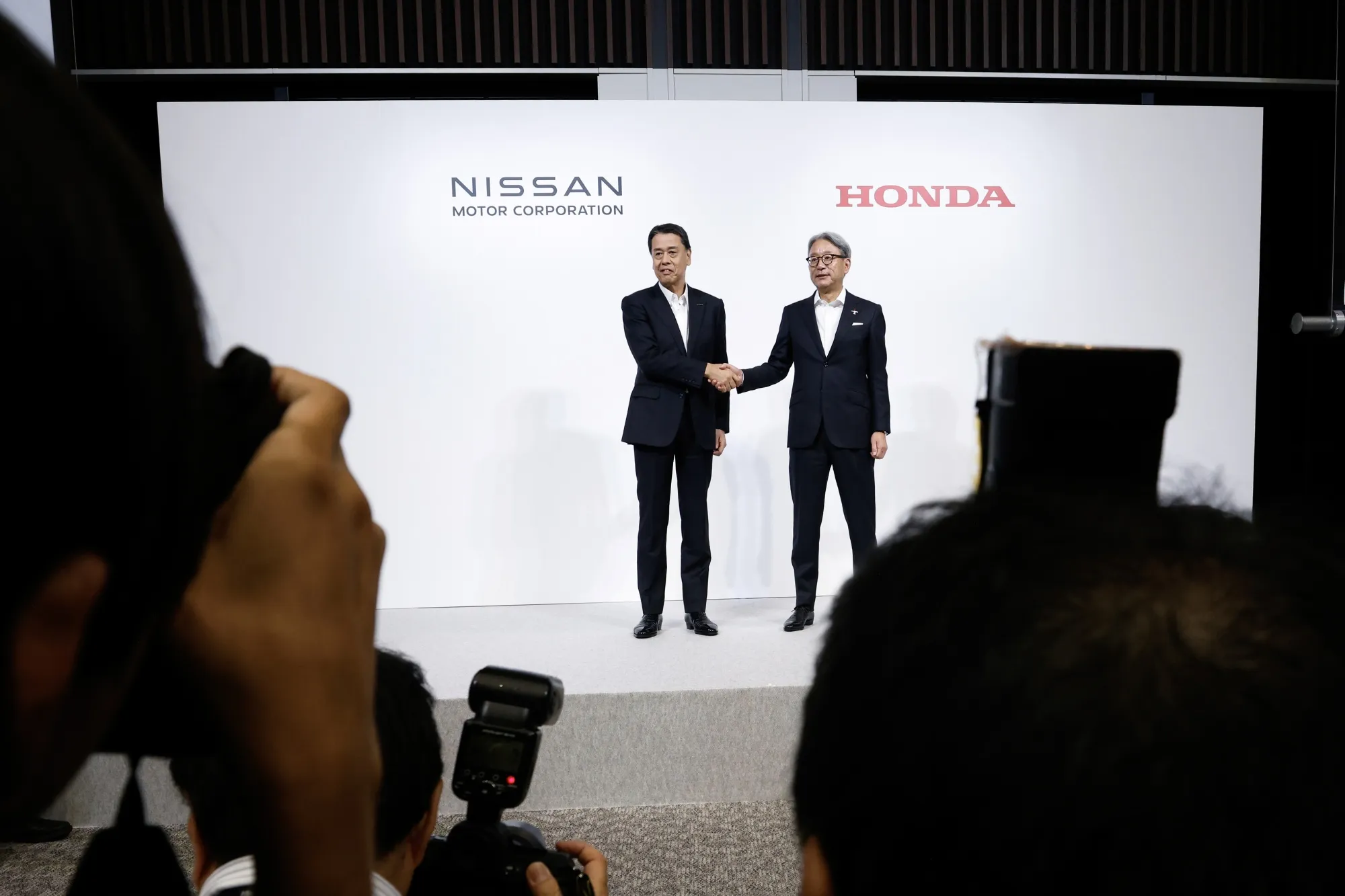
What Would the Merger Mean?
If realized, the merger would focus on pooling resources to accelerate EV development and production.
Key areas of collaboration could include:
- Shared EV technology: Motors, batteries, and software platforms.
- Cost reductions: By combining supply chains and production facilities.
- Global market expansion: A unified brand presence across key regions.
In March, both companies confirmed they were investigating partnerships in “vehicle electrification and intelligence,” laying the groundwork for what could become a full merger.
The Financial Reality for Nissan
Nissan has been struggling financially, amplifying the need for a stable partnership:
- Operating Profit Drop: Fell by 303.8 billion yen (~A$3 billion) in the first half of the 2024 fiscal year.
- Job Cuts: Announced plans to eliminate 9000 positions globally.
- Production Reductions: Aiming to cut global capacity by 20%.
The company has also faced sliding sales in China, which continues to be a major market for legacy automakers.
Adding to the uncertainty, Nissan’s long-term alliance partner, Renault, has significantly reduced its stake in the Japanese brand, leaving Nissan in search of a reliable financial partner.
Honda’s Position
Although Honda has experienced less financial strain than Nissan, it has not been immune to market pressures.
Its EV lineup, including models like the Honda e:Ny1, is competing against cheaper and more advanced offerings from Chinese automakers.
How Would Australia Be Affected?
While Honda is globally larger than Nissan by market cap, the latter holds a stronger position in Australia:
- Nissan Deliveries (2024): 41,060 vehicles.
- Honda Deliveries (2024): 13,007 vehicles.
Honda’s fixed-price ‘agency’ model, introduced in 2021, has reshaped its operations in Australia, contrasting with Nissan’s traditional dealership approach.
What’s Next?
The talks between Honda and Nissan are still in the early stages, and any merger would require overcoming cultural, operational, and strategic challenges.
However, with the EV race heating up and financial pressures mounting, a united front might be the key to survival for these Japanese giants.
Whether this merger is the lifeline they need or a risky gamble remains to be seen, but one thing is clear: the stakes have never been higher in the automotive industry.
Our Wrap Up
As Honda, Nissan, and potentially Mitsubishi chart their future, the global auto market watches closely.
With competition intensifying and margins thinning, collaboration may no longer be optional—it might just be essential.
See Also
